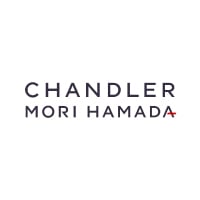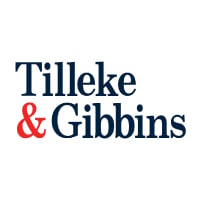

Country legal head | Novartis Thailand






Athicha Vuttiviroj
Country legal head | Novartis Thailand
Team size: One
What are the most significant cases, projects and/or transactions that you and/or your legal team have recently been involved in?
In response to the noticeable increase in dawn raids, anti-trust investigations, and data breach incidents within the global pharmaceutical industry, we have proactively focused on risk assessment and updating our mitigation plans. In collaboration with the Asia Legal team, I have spearheaded the development of new dawn raid protocols and conducted training sessions for our legal team across Asia. Additionally, I organised mock dawn raids and dawn raid training for our office in Thailand.
We have also partnered with the global anti-trust team to deliver training to our frontline business teams in Asia. Furthermore, working with the compliance team, we have identified and developed pragmatic solutions to address the data handling challenges faced by our medical representatives.
How do you approach managing legal aspects during periods of instability or crisis to ensure the organisation’s resilience?
To manage legal aspects during periods of instability or crisis in a pharmaceutical company with lean organisational structure, I take the comprehensive and proactive approach to ensure organisation’s resilience and minimal impact to patients. A legal head must ensure close collaboration with both internal and external stakeholders to understand, identify and assess key legal risk factors and develop contingency plans. Priorities should be placed on patient-centric compliances such as regulatory compliance, ethics and transparency, and continuity of supply. Moreover, apart from empowering the business with agile legal support, any decisions deviating from standard practice shall be legally documented for future audits.
What do you think are the most important attributes for a modern in-house counsel to possess?
In the world where generative AI tools are widely used for problem solving, the most important attributes in my opinion for the modern in-house counsel to stand out are authenticity to help foster a positive work environment, adaptability to new ways of problem solving in the ever-changing legal environment and business needs, strong communication and stakeholders’ management skills, and the ability to apply ethical integrity and human critical thinking with industry-specific experience to tasks that technologies can help to simplify and streamline.
Based on your experiences in the past year, are there any trends in the legal or business world that you are keeping an eye on that you think other in-house lawyers should be mindful of?
The business landscape is evolving towards leaner organisations that prioritise productivity and efficiency for sustainable operations. This transformation often involves streamlining work processes and reorganising to eliminate redundancies. In this context, the role of in-house counsel is crucial, supporting the business in achieving its efficiency objectives while maintaining legal integrity, effective risk management, and long-term sustainability.
Given Thailand’s pro-employee labor laws, it is challenging to justify the need for transformation when the company is not making loss. In-house lawyers must collaborate closely with relevant teams to ensure fair selection processes and compliance with statutory severance payments for affected employees. Additionally, they should manage the overall exit experience to minimise the risk of impacted employees bringing the case to labor court, which could incur significant legal fees and manpower costs.
Country legal head | Novartis
Country legal head | Novartis
Country legal head | Novartis